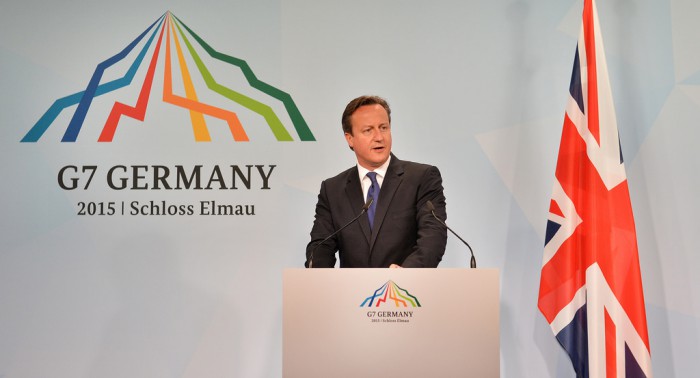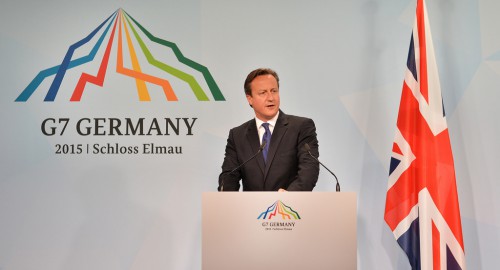15th July 2015
Engaging the world


On his recent visit to Latin America, Pope Francis reminded us of the need for international solidarity and a universal vision. It is not always easy for national governments to meet such aspirations in full. After all, they are in the final analysis – especially if they are democratically elected – accountable to their own public, which can sometimes have a narrower view on what it wants its government to do for it. That is why politicians need constantly to make the case for broader perspectives and for the need to support the international rules based system. In this globalised world, we stand or fall with our neighbours, not despite them.
This is especially relevant to the United Kingdom, a trading nation that has long since transcended the confines of the British Isles in undertaking a global role. We believe in the rules based international system, and are determined to strengthen it. But a country cannot simply aspire to such a goal. It has to work hard towards it, using the tools at its disposal, persuading and cajoling others along the way. And it requires a practical engagement in global issues, sometimes taking hard – and even domestically unpopular – decisions for a wider good.
The United Kingdom is now the only country in the world committed to spending 0.7% of national income on international development (and the only major industrialised economy to do so) and 2% of GDP on defence, meeting our commitments on international aid and to NATO. We are one of the few countries to have legislated to cut carbon emissions, the 2008 climate change act setting the world’s first legally binding climate change target of cutting 80% emissions against a 1990 baseline by 2050, meeting our commitments to the planet. During the Ebola crisis in West Africa in 2014, the UK led the international response in Sierra Leone, acting as principal international partner to the Sierra Leone government to tackle the virus. Faced by the crisis in Syria, the UK has committed nearly £1bn to help meet the immediate needs of vulnerable people in Syria and of refugees in the region, more than almost any other country. We are active in promoting global free trade because we know it is good for Britain, but also for the world; free trade remains by far the most effective tool for bringing people out of poverty. And we have from the start been active promoters of the Arms Trade Treaty, which has seen the first formal meeting this month of those countries that support, it in a Conference of the Parties, helping to save lives by regulating global arms sales, and clamping down on the illegal trade which causes so much misery.
As a member of the EU, UN (as Permanent Member of the UN Security Council), the Commonwealth, the G7 and G20, the OECD, and many other international organisations, we take the rules based international system seriously. It is through these organisations, as well as bilaterally, that solidarity and global vision can be turned into practical action. As such, we welcome the Pope’s call to governments not to let up in their efforts to engage with others against the globalisation of indifference and in favour of the globalisation of hope.